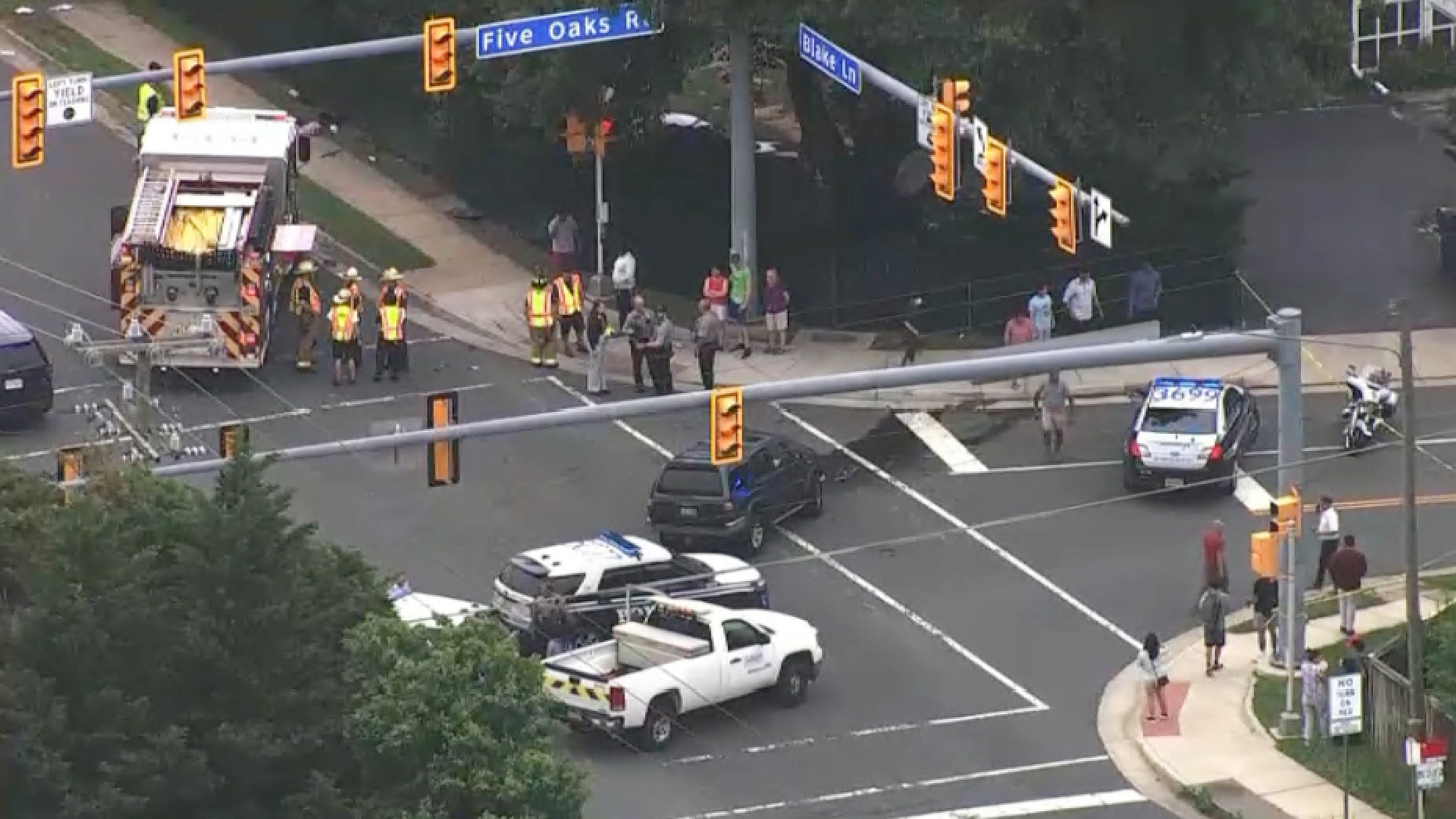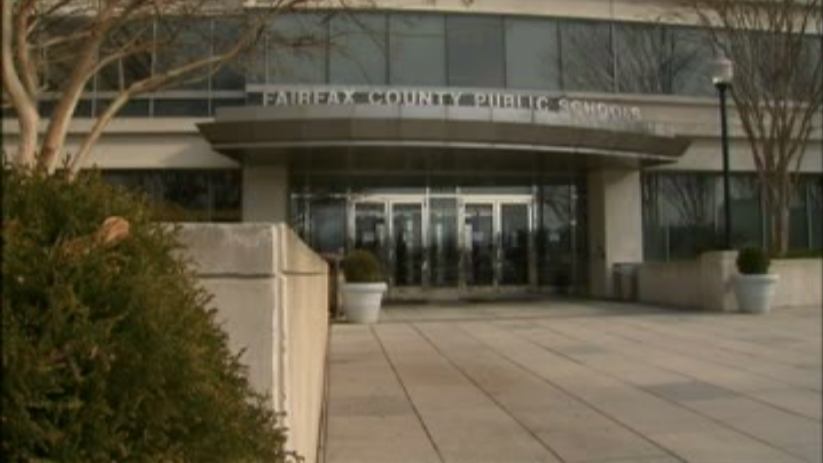A local Virginia government is taking steps toward potential reparations for families directly impacted by school segregation.
The Loudoun County Board of Supervisors is expected to approve a measure to fund research detailing how families were harmed by the county's past efforts to fight desegregation in schools.
Loudoun was one of the last school districts in the country to desegregate after Brown v. the Board of Education ended to segregation nationally.
"It had a ripple effect throughout generations," County Supervisor Juli Briskman said.
We're making it easier for you to find stories that matter with our new newsletter — The 4Front. Sign up here and get news that is important for you to your inbox.
Two years ago, Loudoun County Public Schools issued a public apology for the "negative impact, damage and disadvantages to Black students" that was "caused by Loudoun County School Board, administrators, and the county board.”
Next is action in the form of policy.
"What is gonna be new is codified in policy, where do we go from here? How do we atone?” said Michelle Thomas of Loudoun NAACP.
Northern Virginia
Northern Virginia news, events and updates
The Loudoun County Board of Supervisors will vote Tuesday on $250,000 to fund a research project led by the University of Virginia to study how Loudoun's racist past impacts its citizens today.
"This means so much to me,” said Robin Burke of Loudoun NAACP. “Not only me and my family, but me internally, me in my heart."
Burke is a direct descendant of Elizabeth Hemings, the matriarch of the extensive family at Monticello who built the University of Virginia. The school her enslaved ancestors built will now research how to atone.
“Atonement I find in the form of reparations,” Burke said. “I think people are afraid to use that word, but we need to be direct when we're talking about that."
Virginia already has a scholarship fund for "persons who were denied an education" when "public schools were closed to avoid desegregation," though Loudoun students aren't eligible.
Tuesday night, county leaders will take the next steps to offering future students access denied to their ancestors.
The vote is only to fund the research project. Any decision about potential atonement – including reparations – would be a separate vote after the study is completed.



